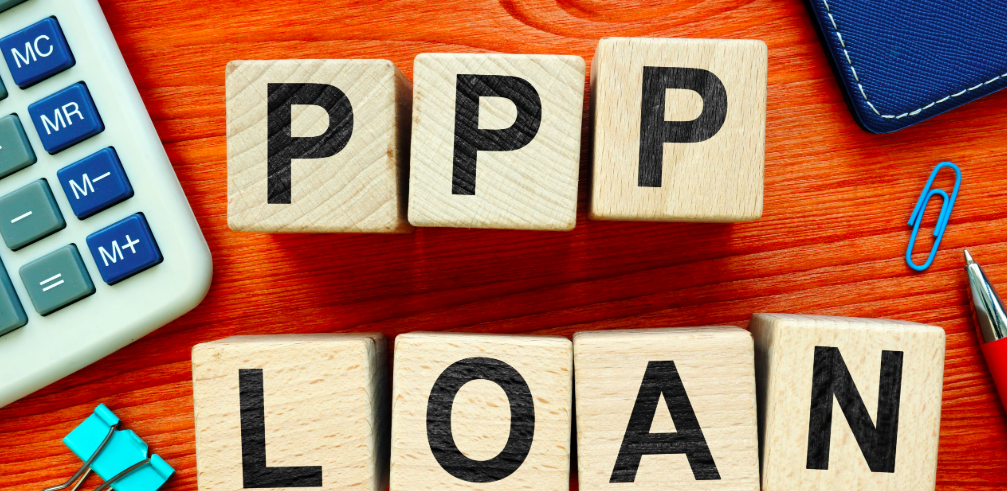
The Small Business Administration (SBA) emphasizes that businesses who participate in the Paycheck Protection Program (PPP) must make a good faith certification that the loan request is “necessary” to support ongoing operations due to the current economic uncertainty. The SBA, in conjunction with the Department of Treasury, updated its list of Frequently Asked Questions to include a Question and Answer #31 below (complete list of FAQs found here) that states an applicant should make the determination in light of the applicant’s (a) current business activity and (b) ability to access other sources of liquidity sufficient to support ongoing operations in a manner that is not significantly detrimental to the business.
Question 31: Do businesses owned by large companies with adequate sources of liquidity to support the business’s ongoing operations qualify for a PPP loan?
Answer: In addition to reviewing applicable affiliation rules to determine eligibility, all borrowers must assess their economic need for a PPP loan under the standard established by the CARES Act and the PPP regulations at the time of the loan application. Although the CARES Act suspends the ordinary requirement that borrowers must be unable to obtain credit elsewhere (as defined in section 3(h) of the Small Business Act), borrowers still must certify in good faith that their PPP loan request is necessary. Specifically, before submitting a PPP application, all borrowers should review carefully the required certification that “[c]urrent economic uncertainty makes this loan request necessary to support the ongoing operations of the Applicant.” Borrowers must make this certification in good faith, taking into account their current business activity and their ability to access other sources of liquidity sufficient to support their ongoing operations in a manner that is not significantly detrimental to the business. For example, it is unlikely that a public company with substantial market value and access to capital markets will be able to make the required certification in good faith, and such a company should be prepared to demonstrate to SBA, upon request, the basis for its certification. Lenders may rely on a borrower’s certification regarding the necessity of the loan request. Any borrower that applied for a PPP loan prior to the issuance of this guidance and repays the loan in full by May 7, 2020 will be deemed by SBA to have made the required certification in good faith.
The guidance calls out “large” and “public” companies, but raises several very important questions about this eligibility requirement. Unfortunately, this particular question and answer is only leading to more questions, including:
- What does “necessary” mean for purposes of the certification? Must the loan be essential or does a less restrictive connotation apply?
- If the applicant’s current business activity is relatively unaffected but future activity is likely to be adversely affected by COVID-19 measures, can the certification be given?
- What evidence should applicants gather to demonstrate the basis for a good faith certification?
- What other sources of liquidity must be taken into account? For example, is the cash-rich sole shareholder of a company a liquidity source for the business?
- How do we determine whether tapping other liquidity sources can be done in a manner that is “not significantly detrimental” to the business?
- Does paying a PPP loan back before May 7 amount to an admission of bad faith in the certification?
- If a borrower pays the loan back by May 7 does that put an end to the matter? Is a federal court bound by the SBA’s having deemed the certificate to be made in good faith?
Please note the above excerpt is question 31 on page 11 of the SBA’s FAQ on the Paycheck Protection Program (PPP). Click here to read the complete FAQ.
The deadline to return the funds to your SBA lender is May 7, 2020. No action is needed if keeping the funds. If returning the funds, employers may be eligible for other available payroll tax relief credits. The Families First Coronavirus Relief Act (FFCRA) and the Coronavirus Aid, Relief, and Economic Security Act (CARES Act) make two separate, but related, tax credits available to employers, including tax-exempt organizations, whose business is affected by the COVID-19 crisis.
Find additional COVID-19 resources for your business here.
Stay Up-To-Date
To stay on top of alerts like this and other timely business matters, be sure to sign up for our free monthly newsletter and bookmark our COVID-19 Business Resource page.
